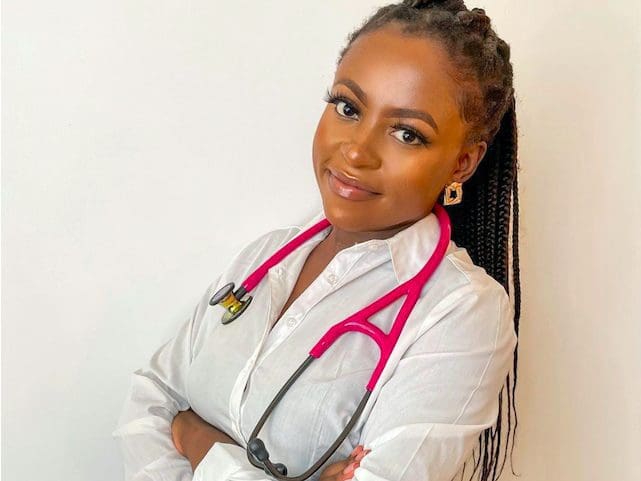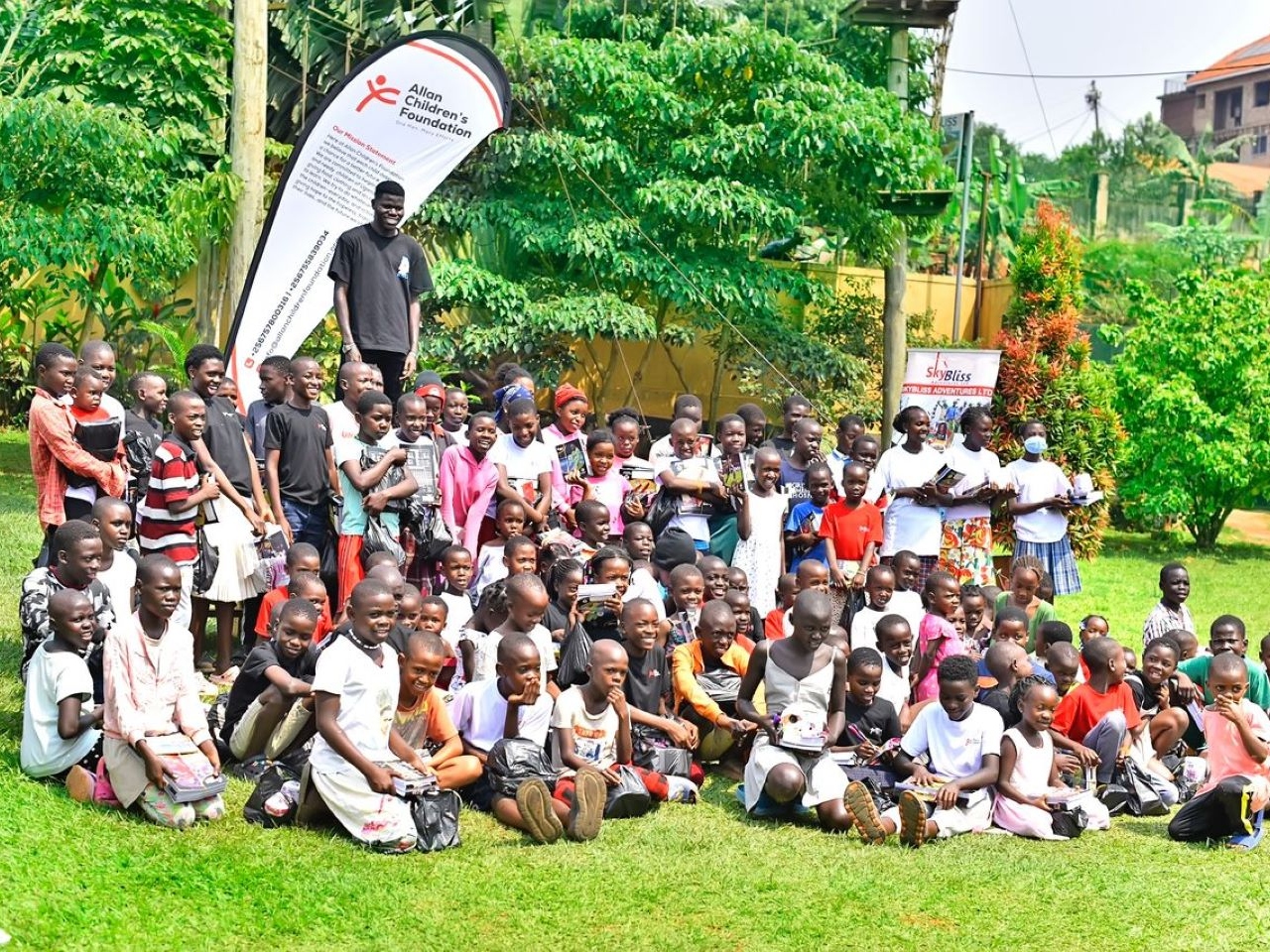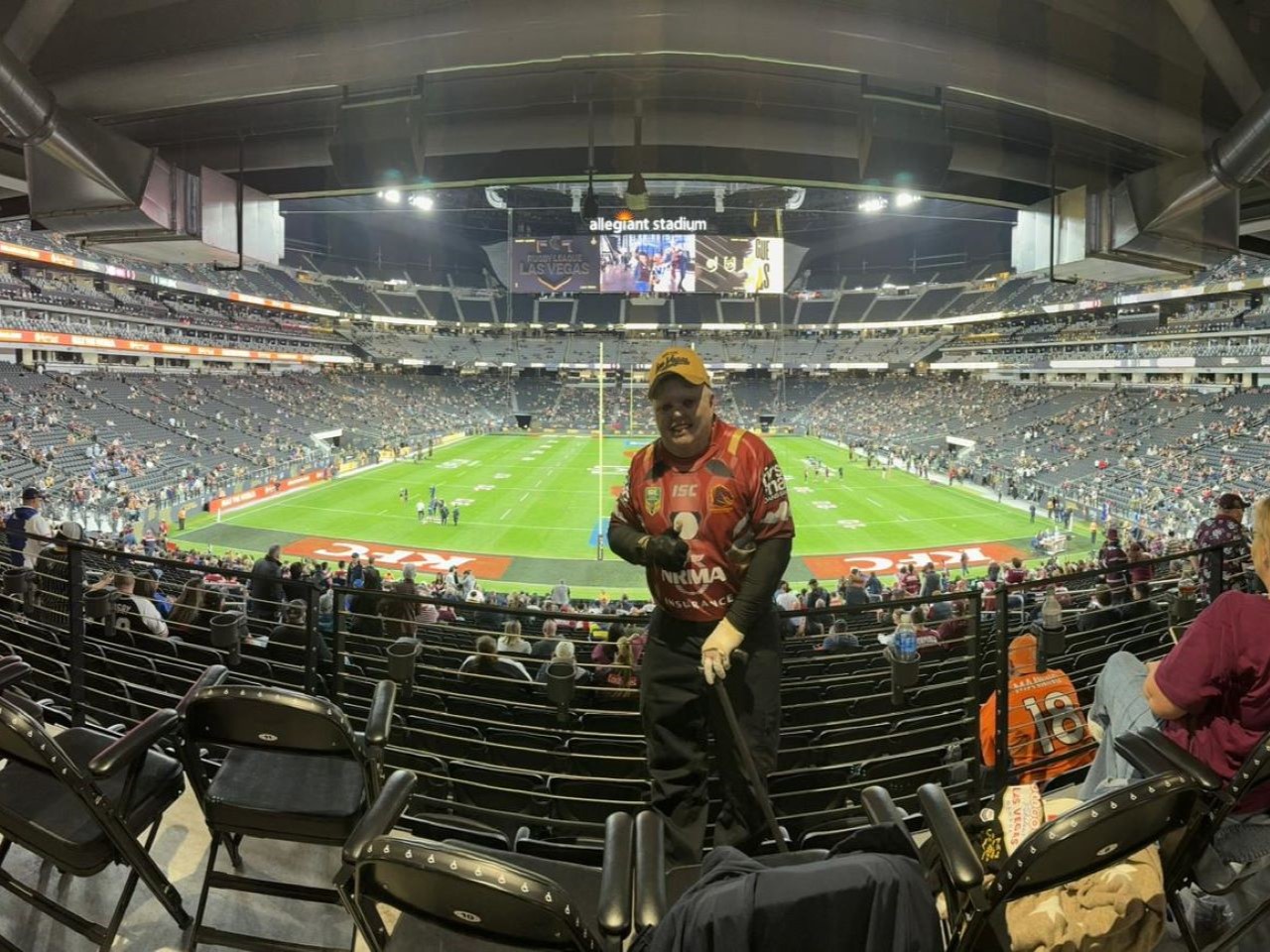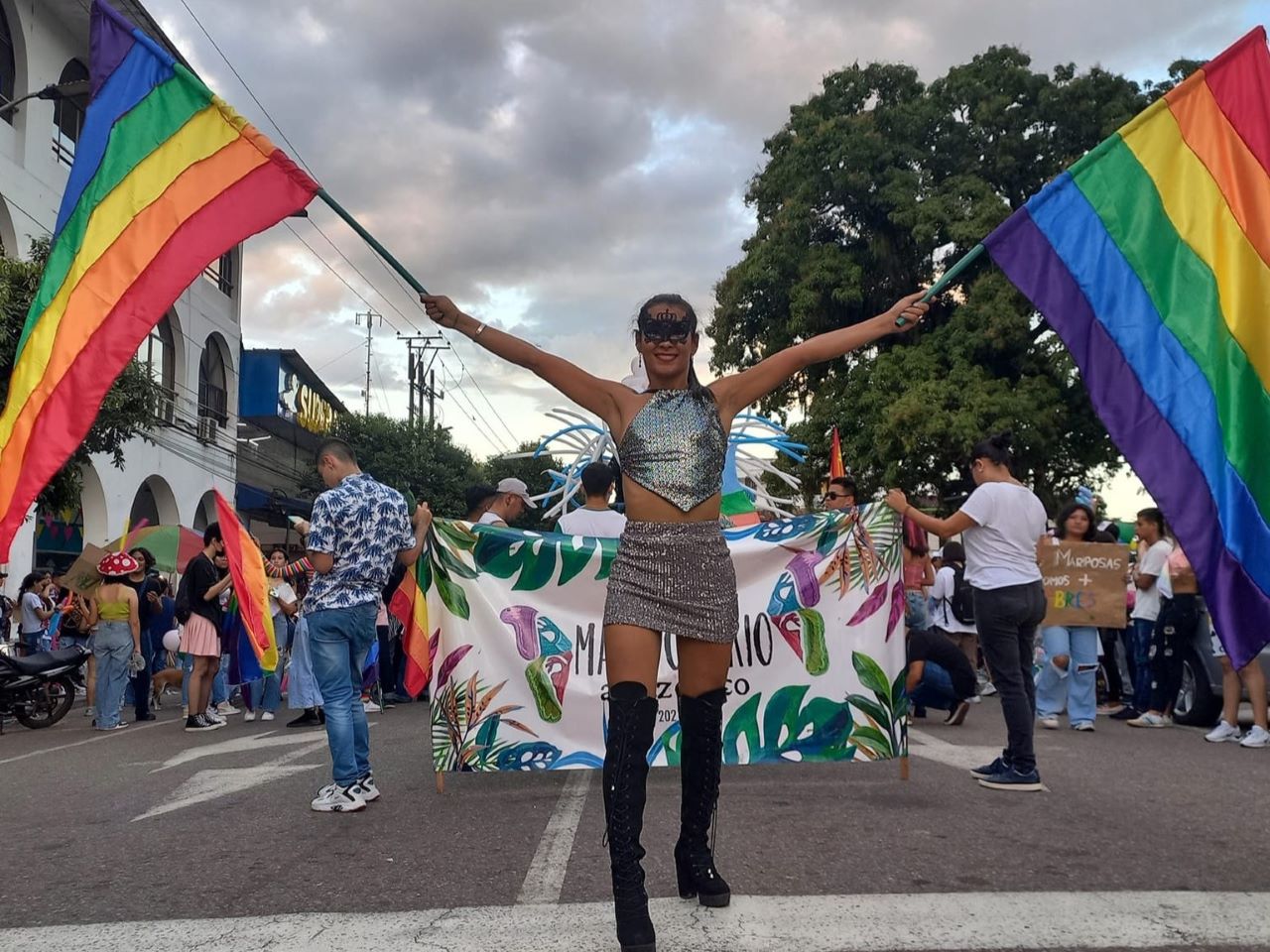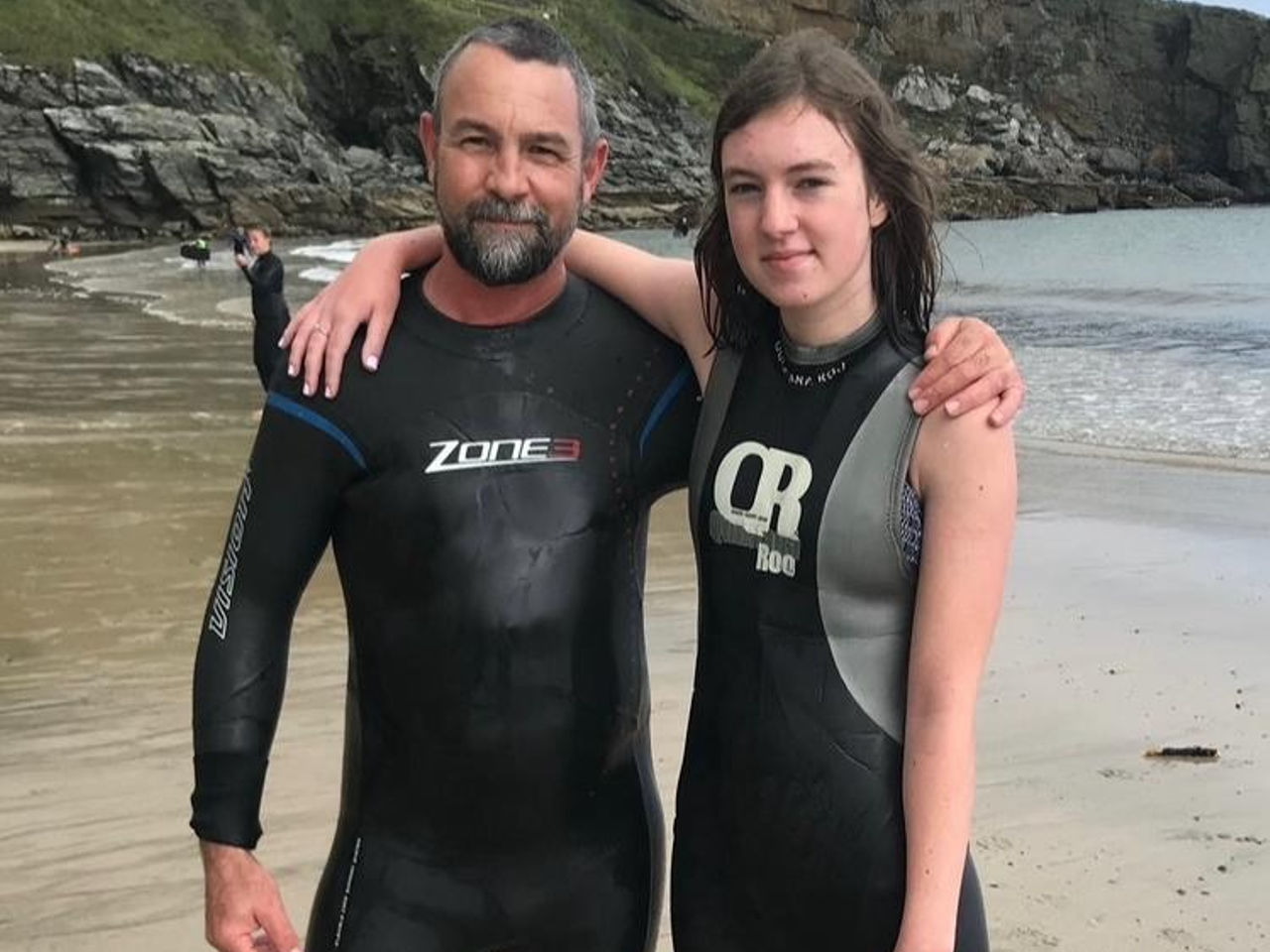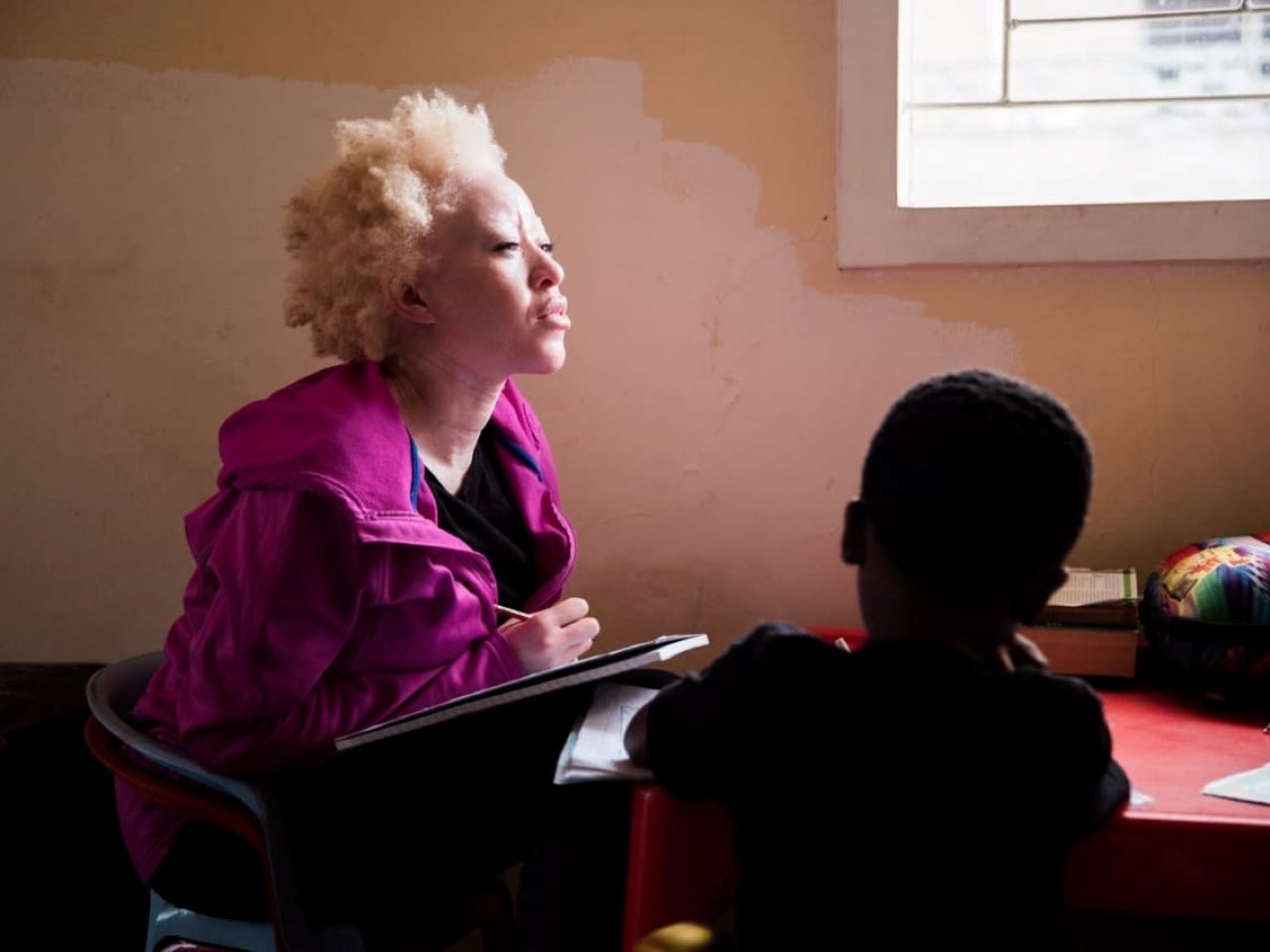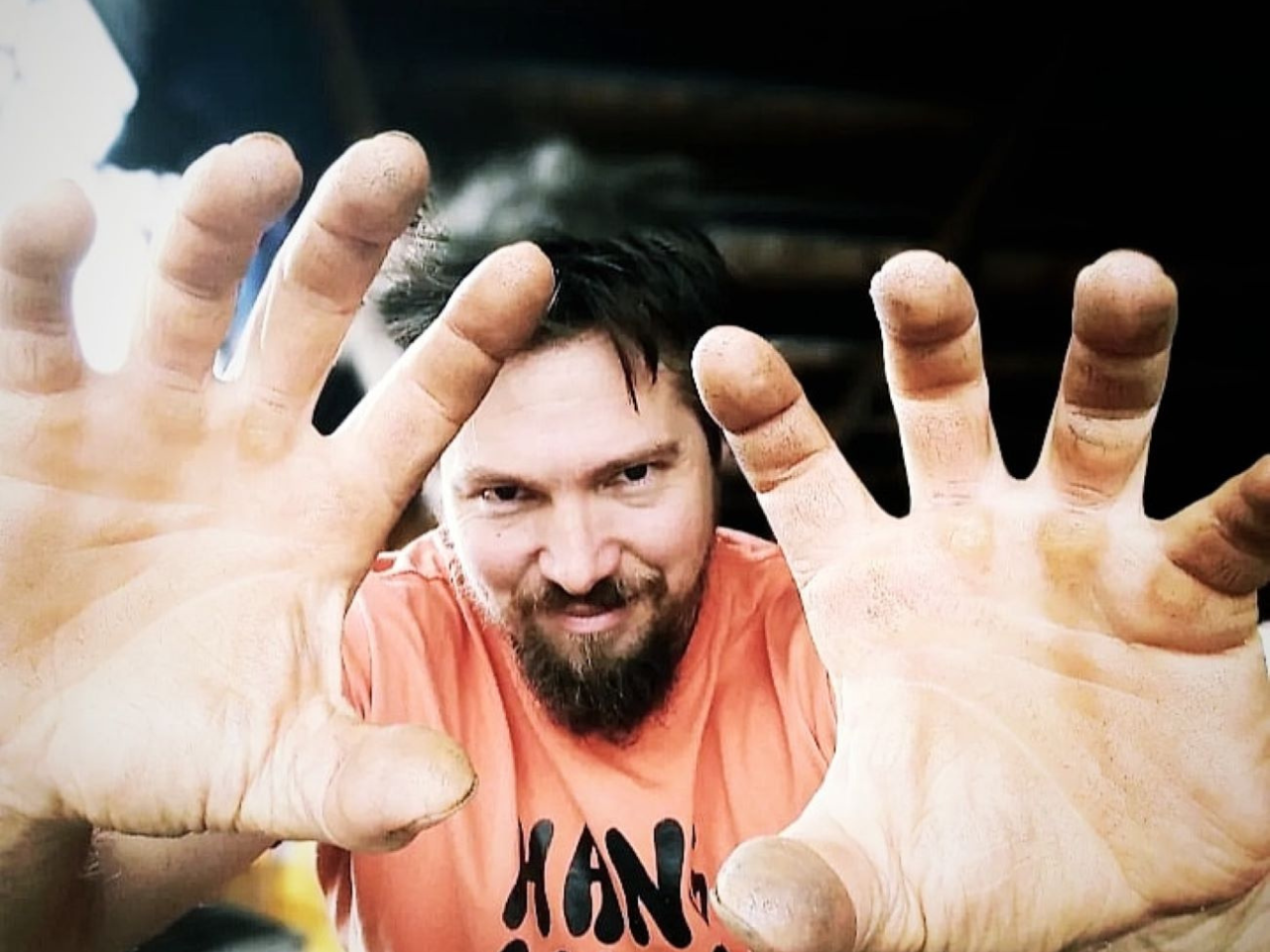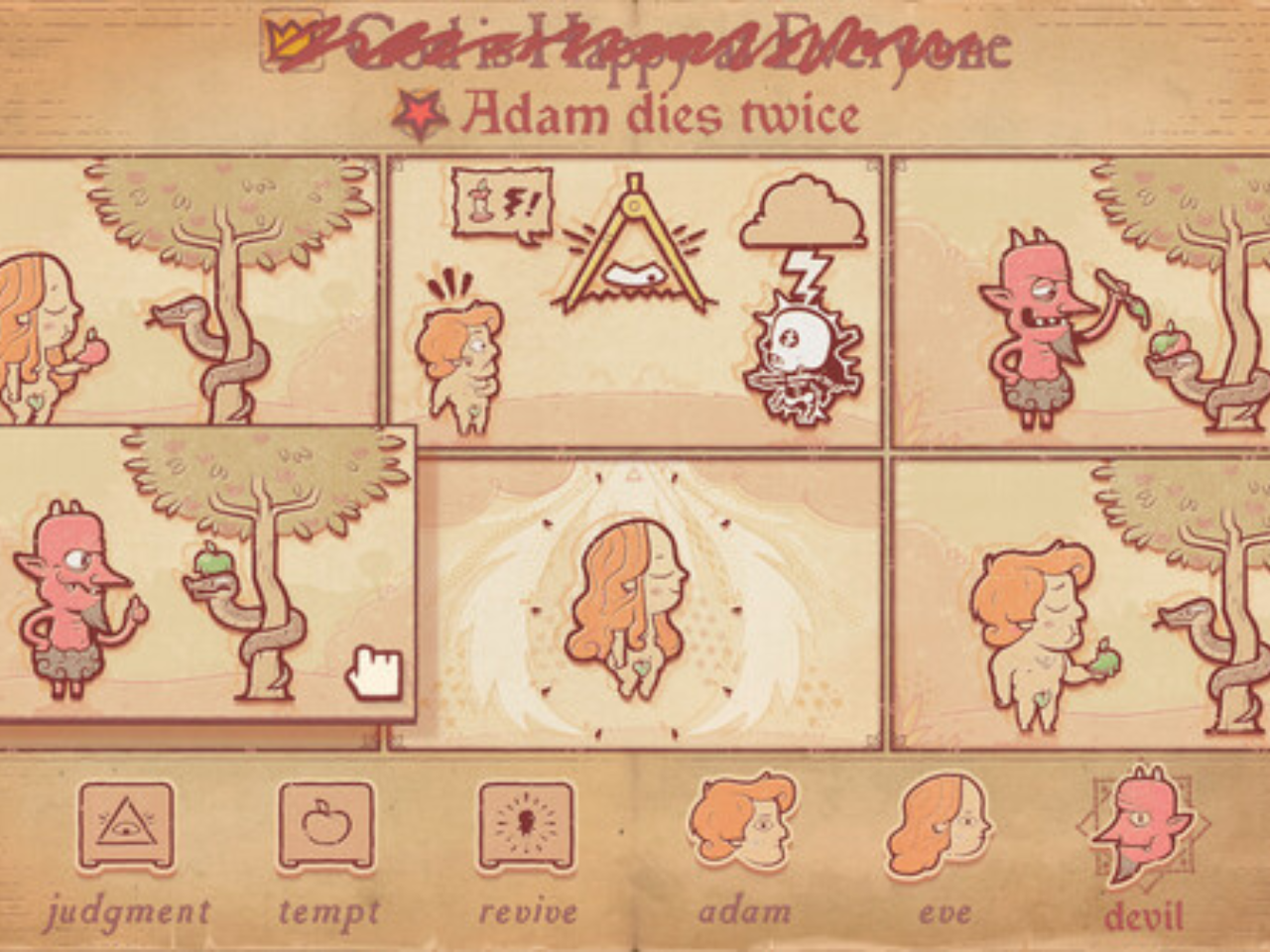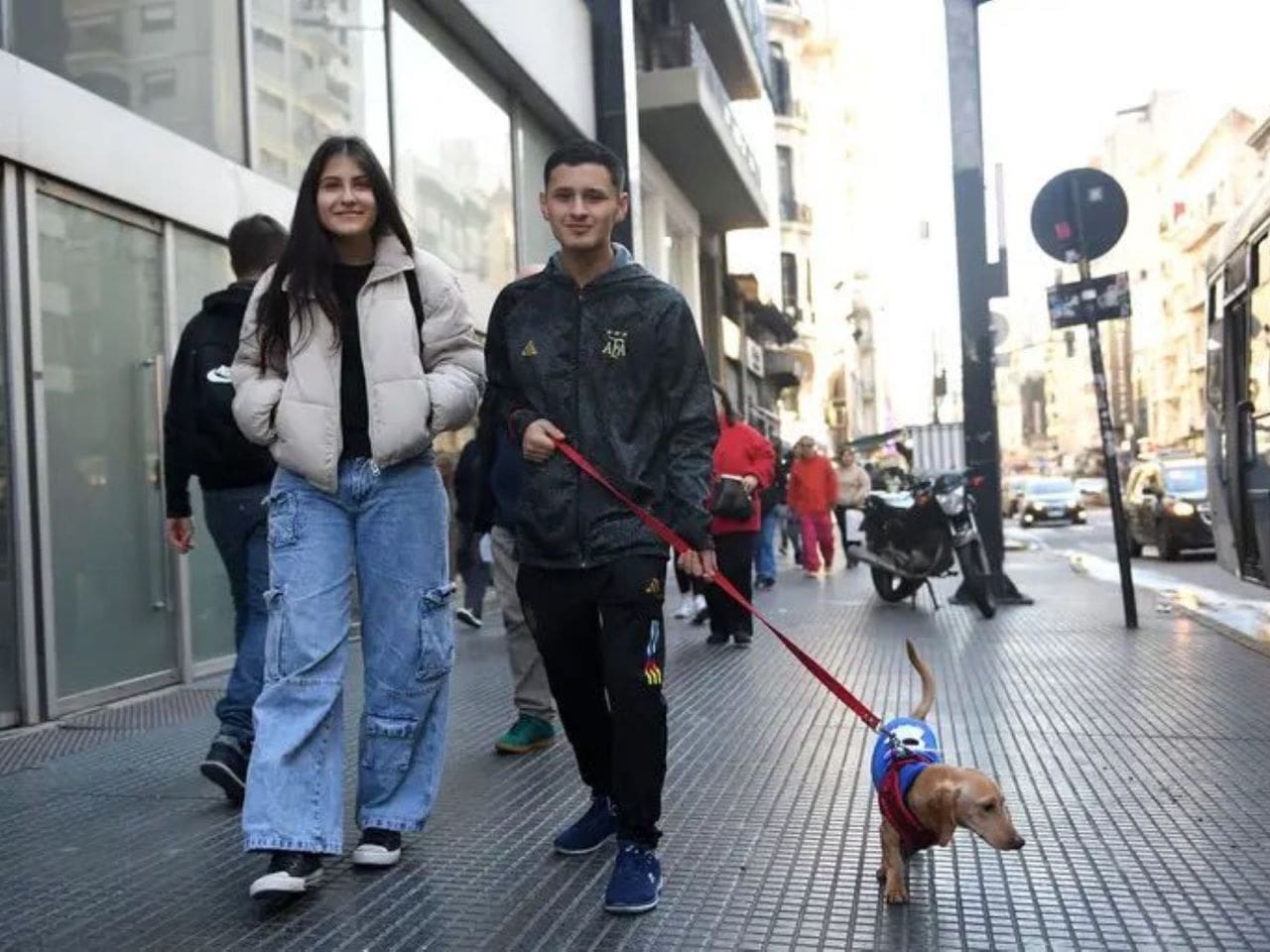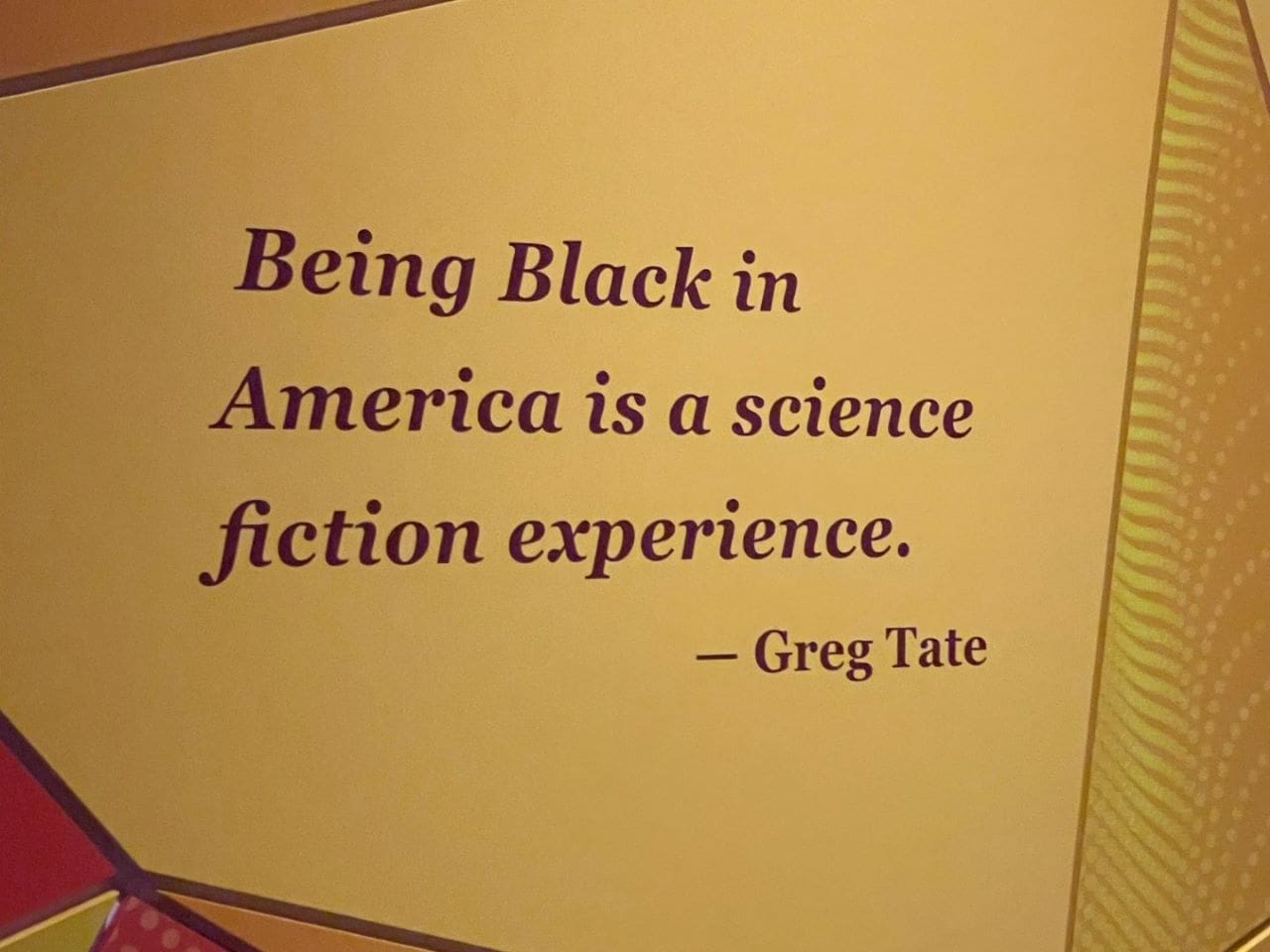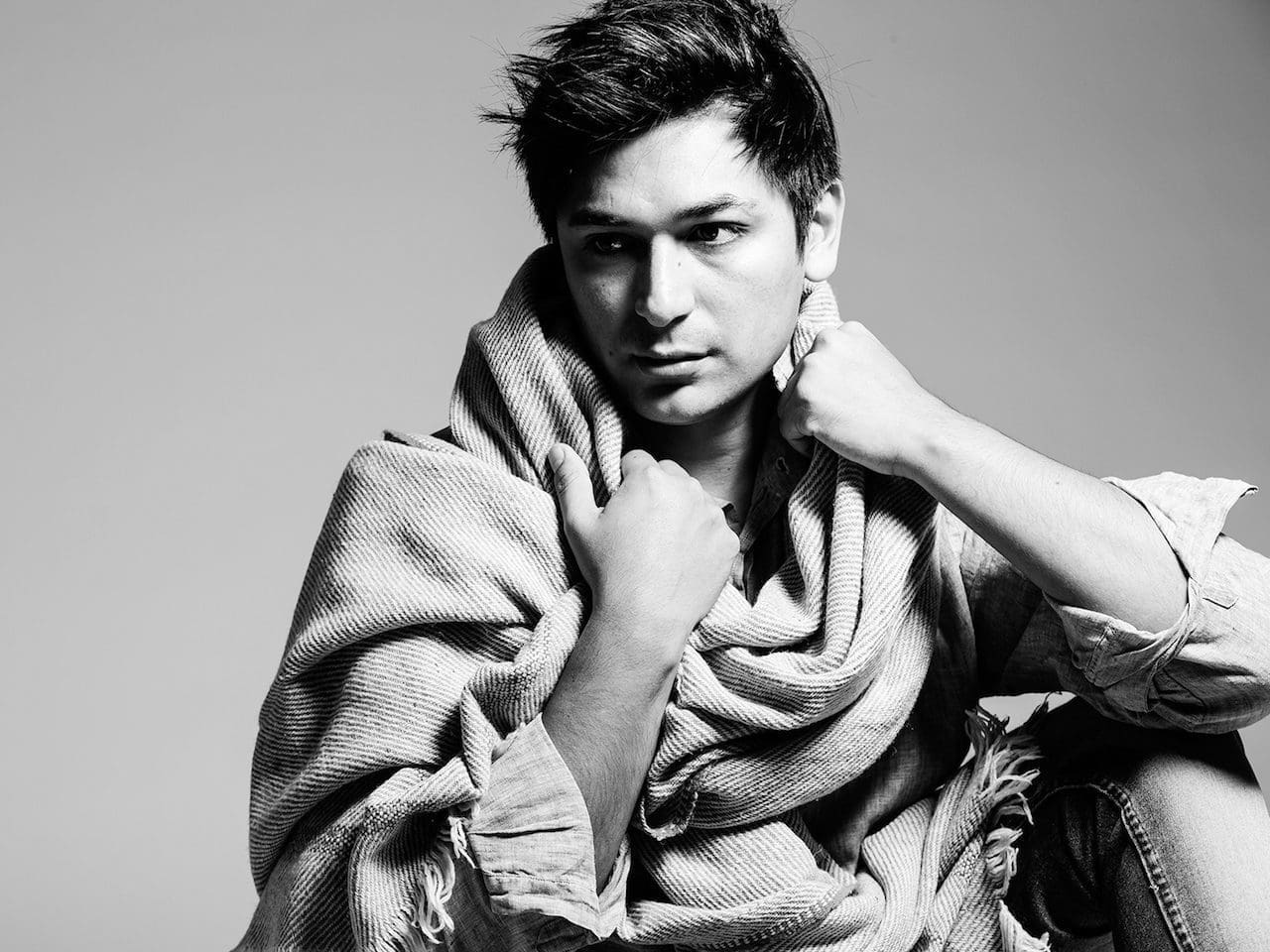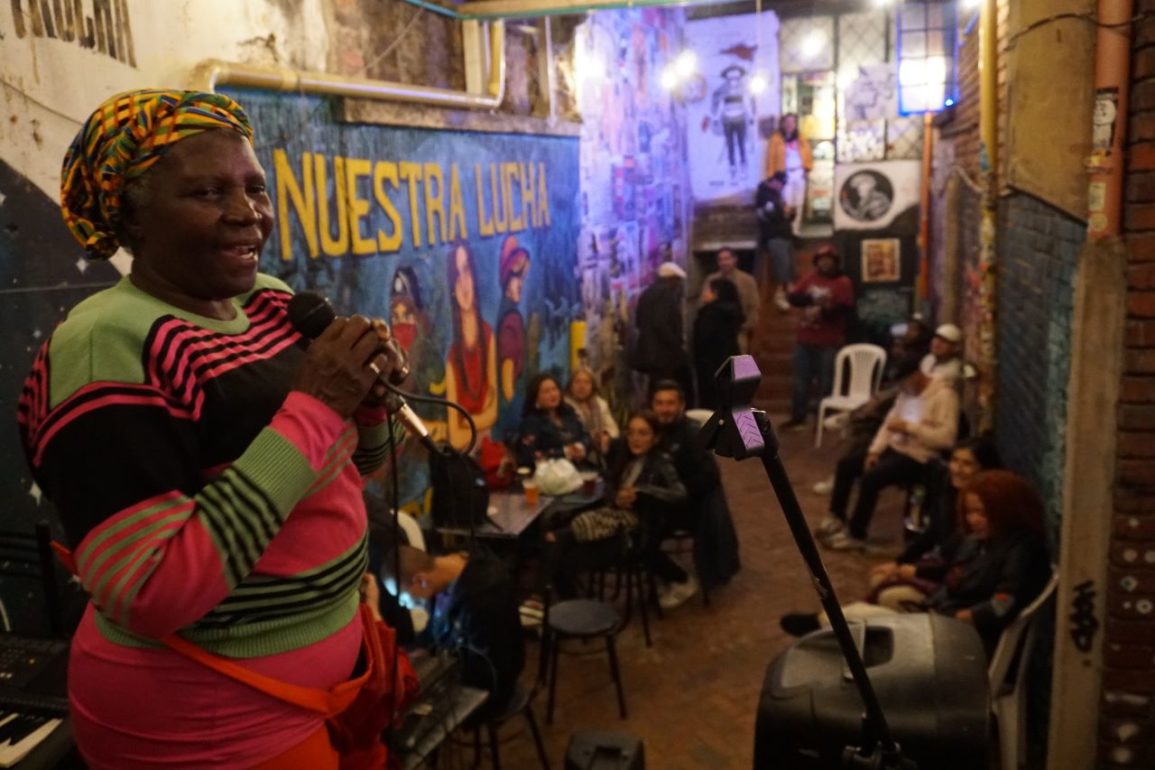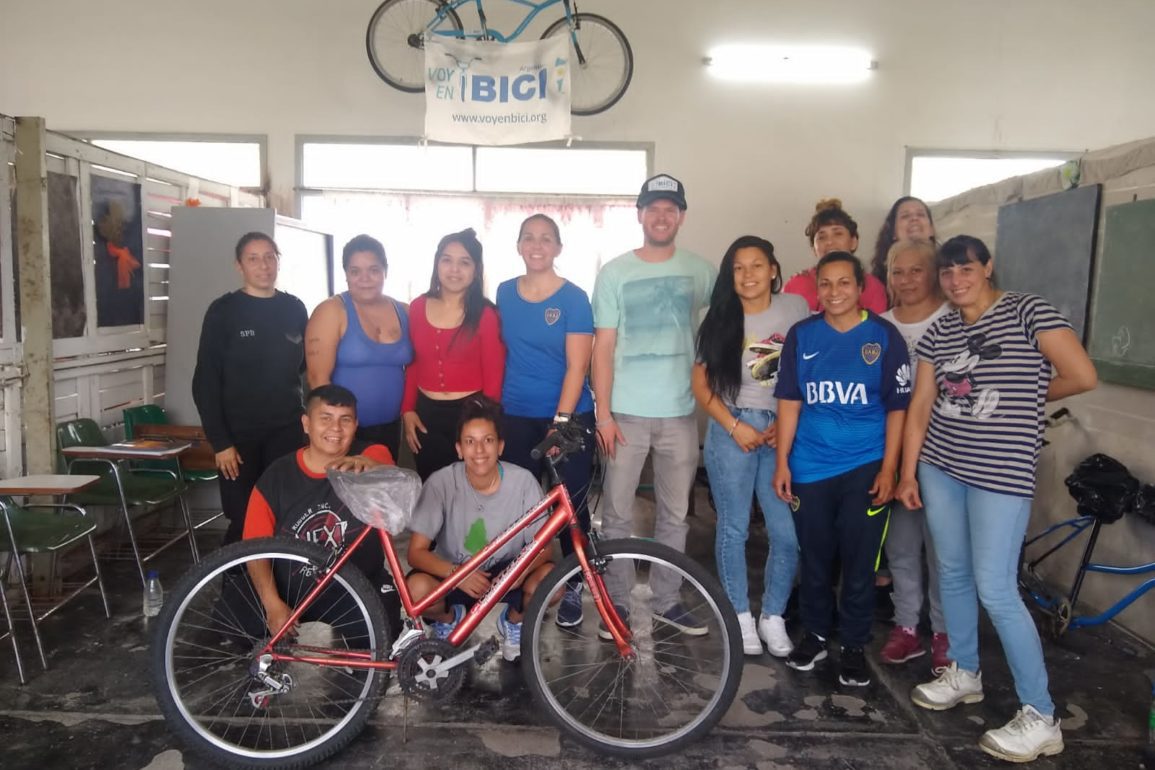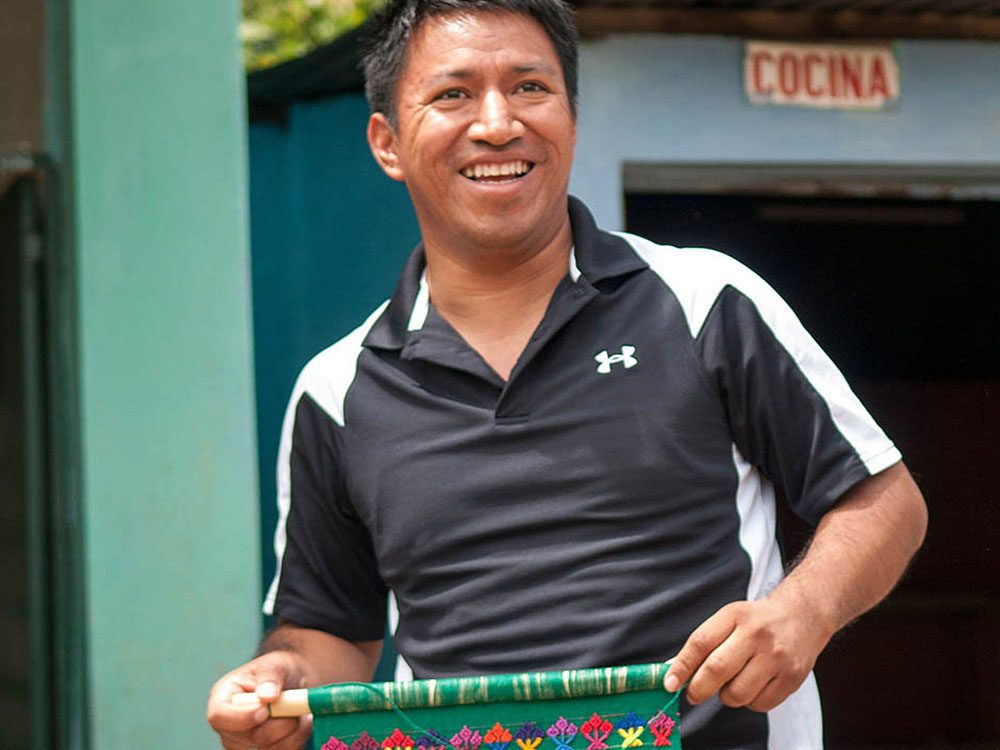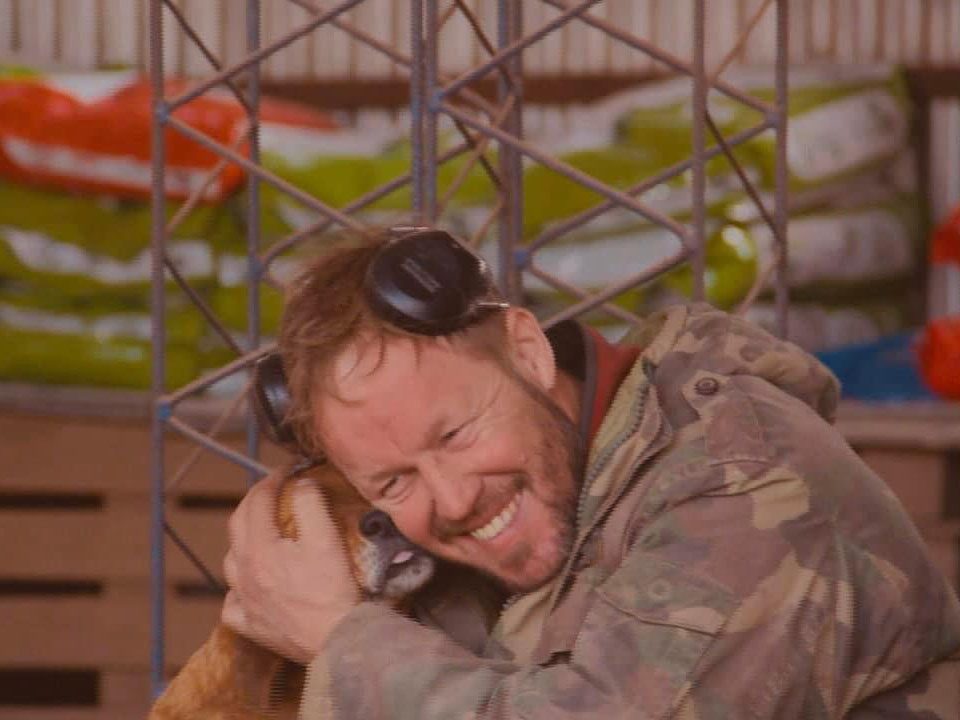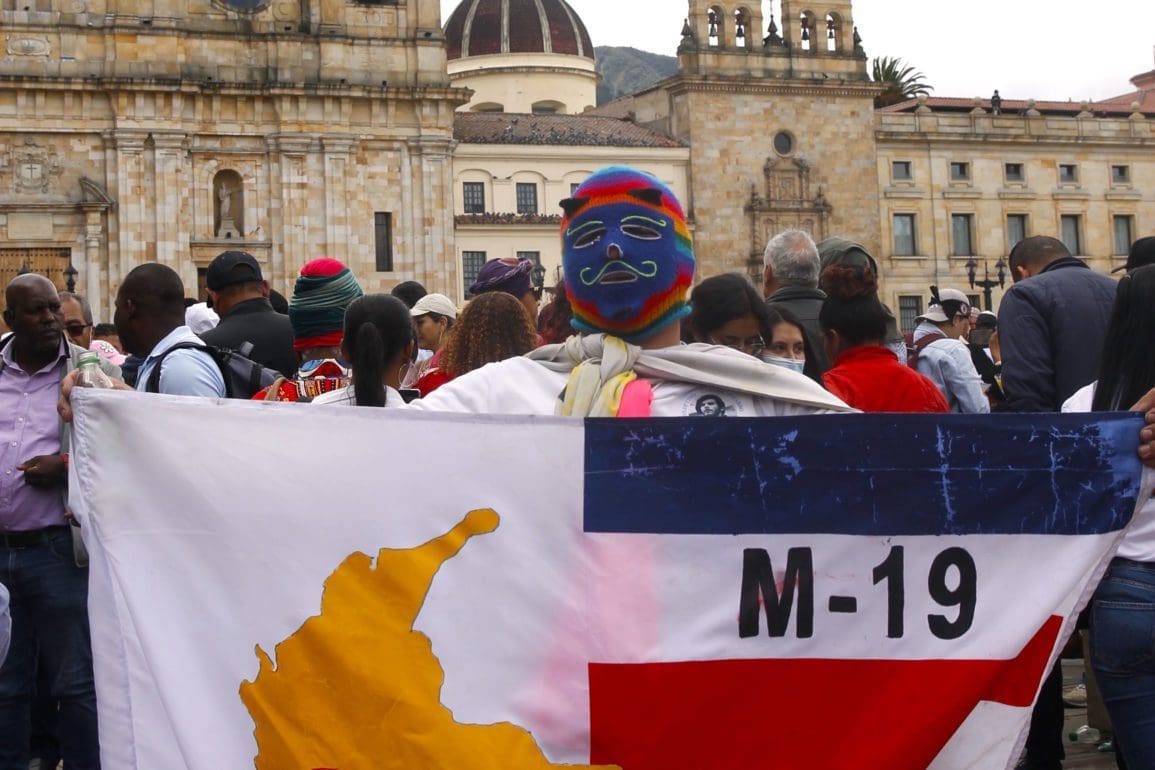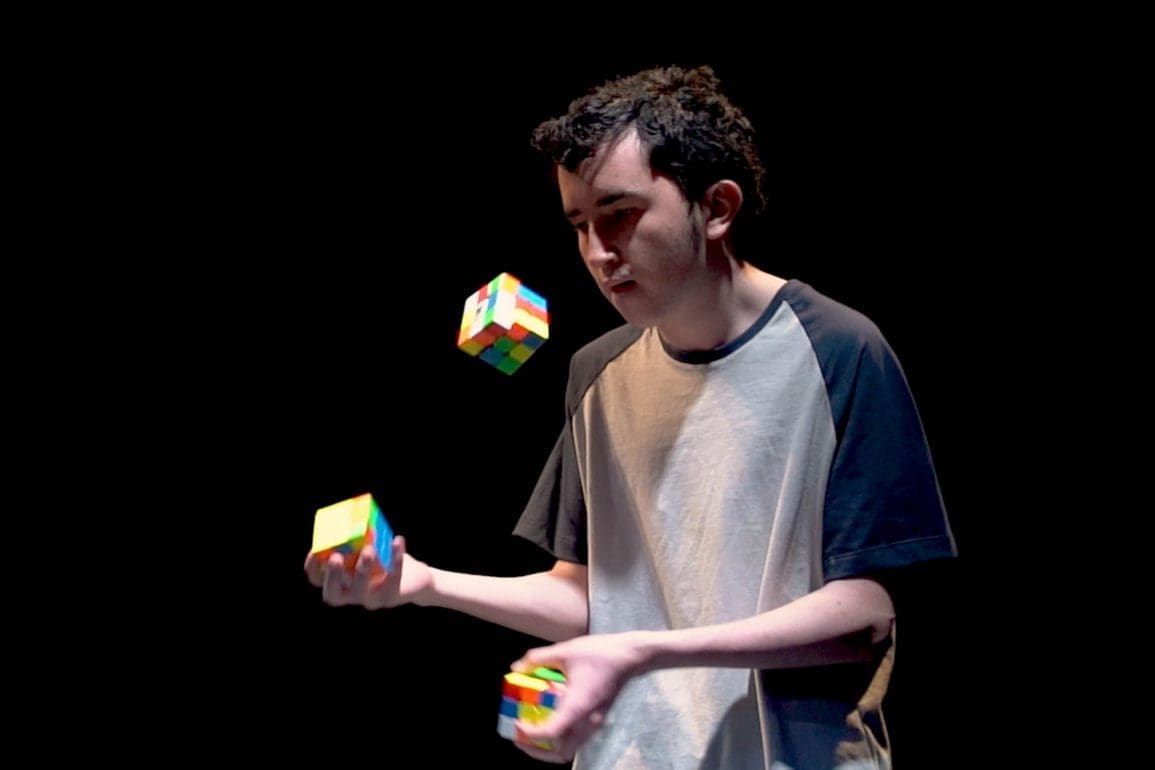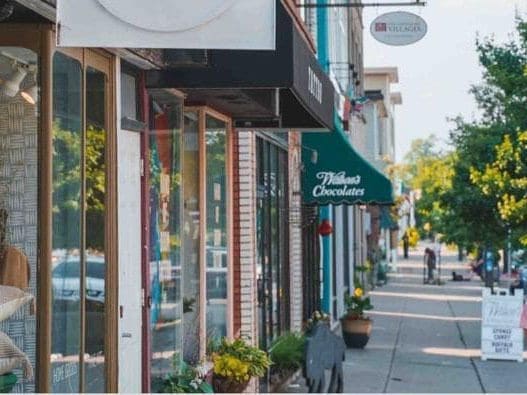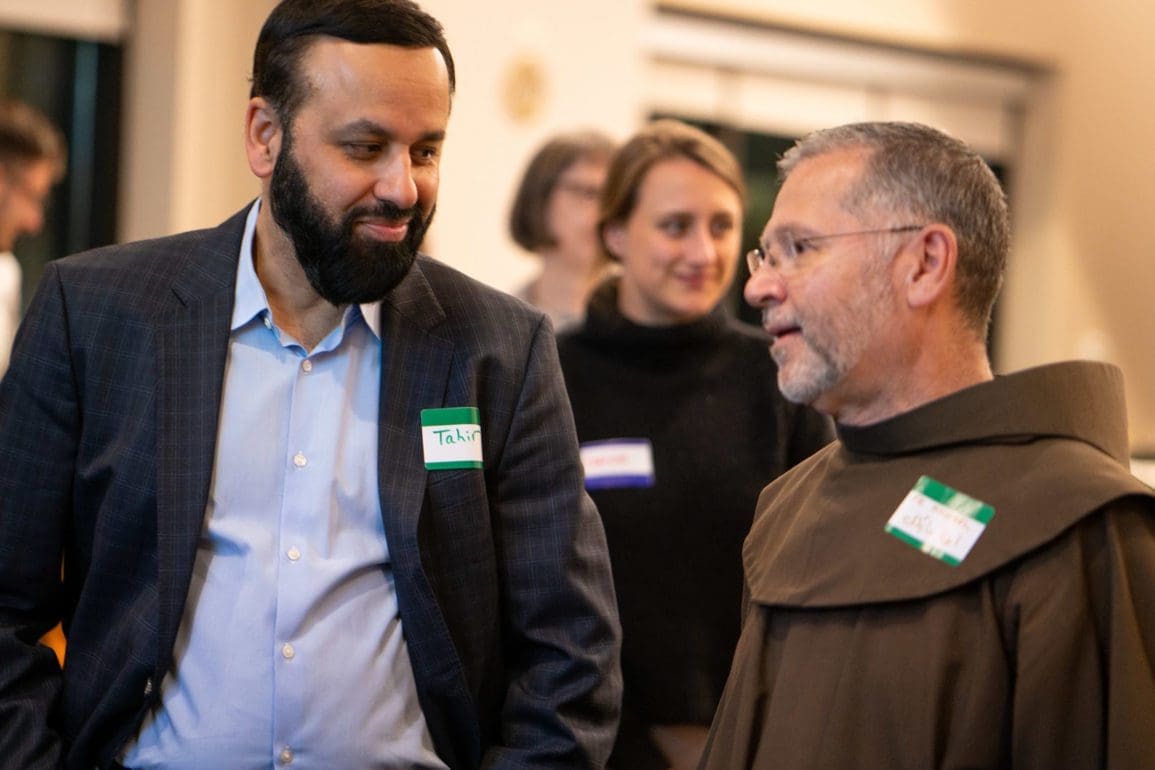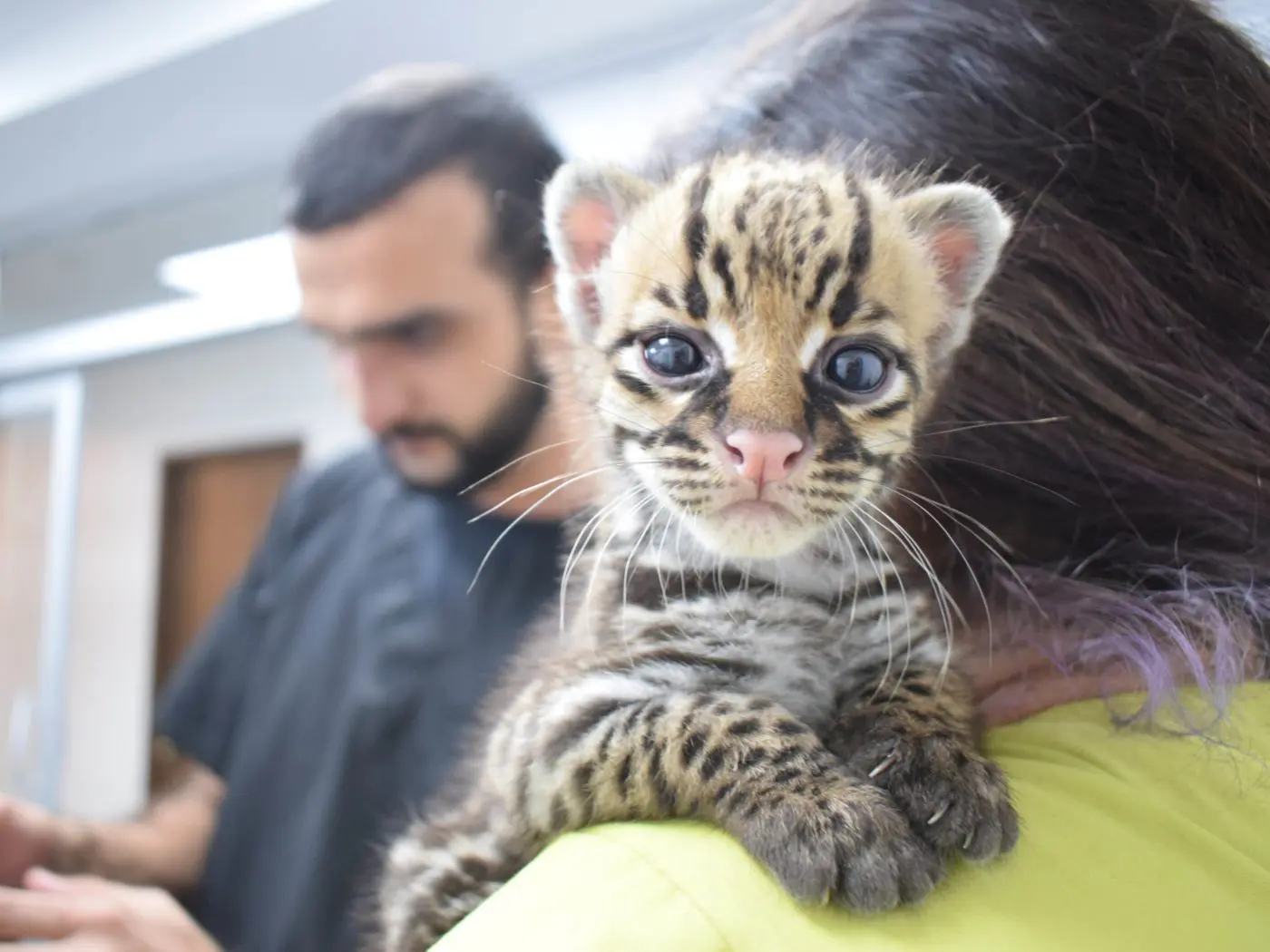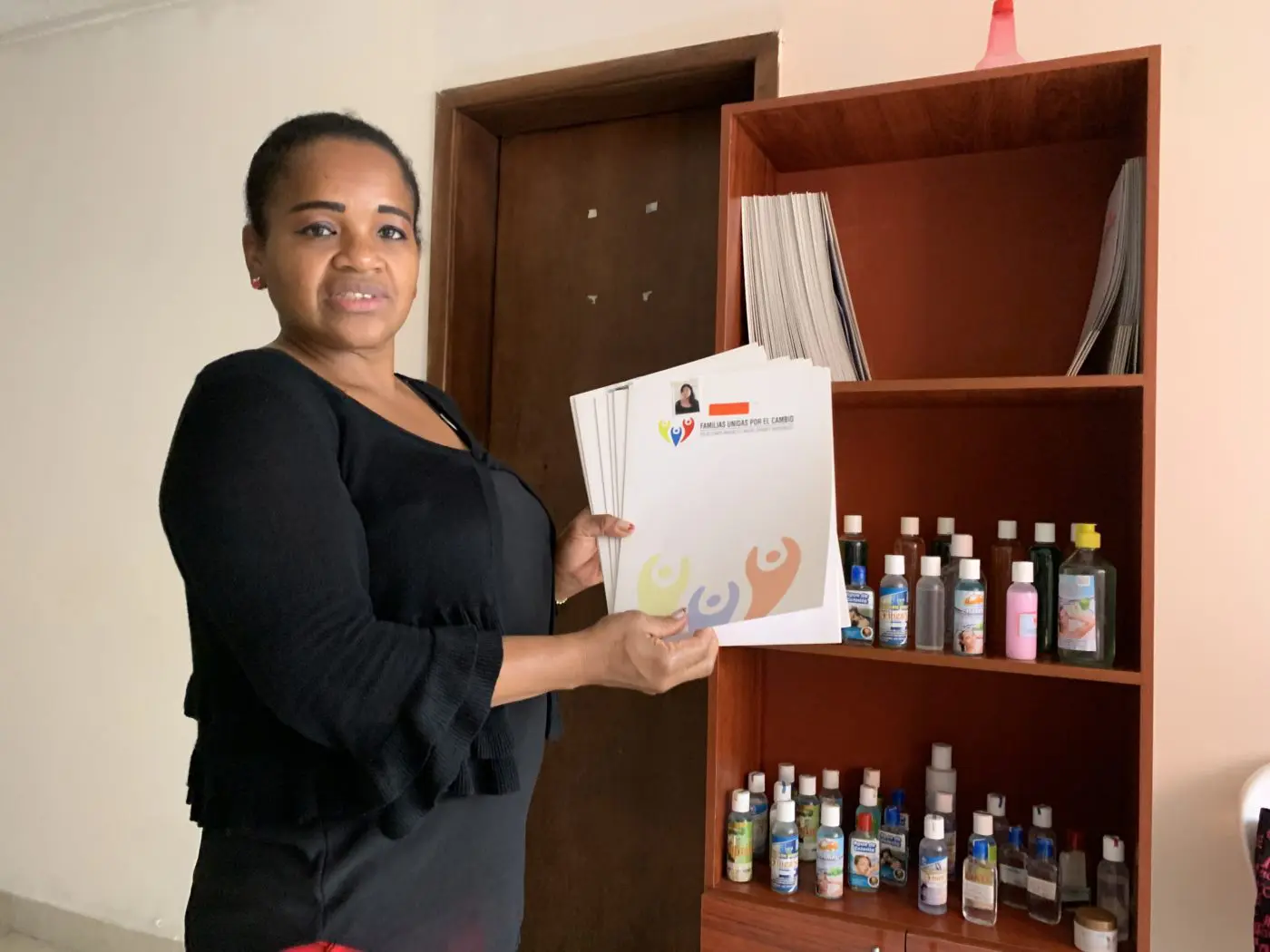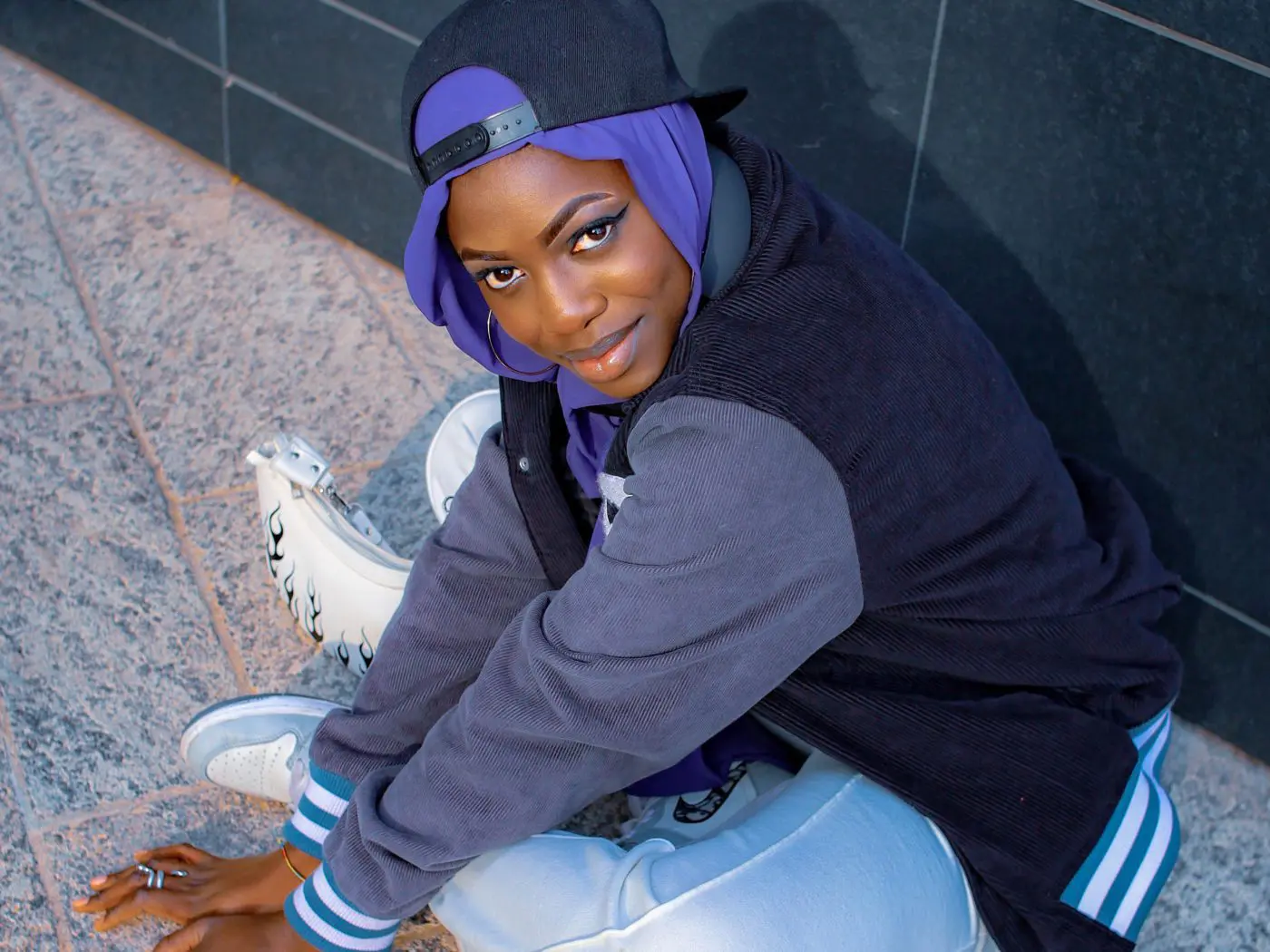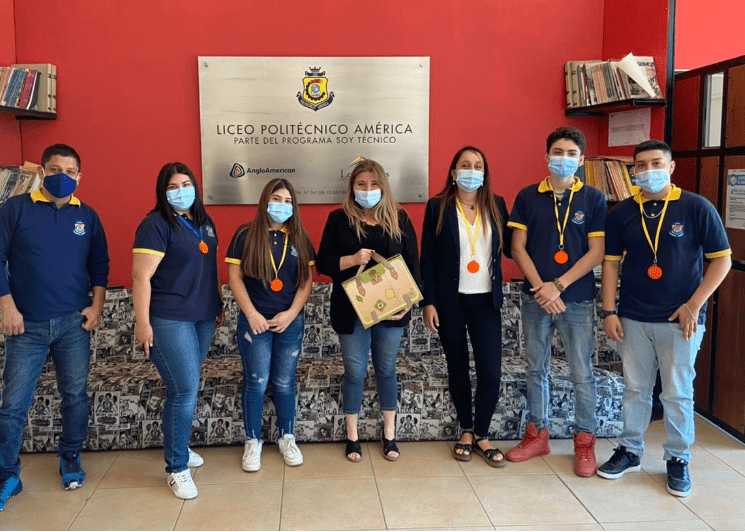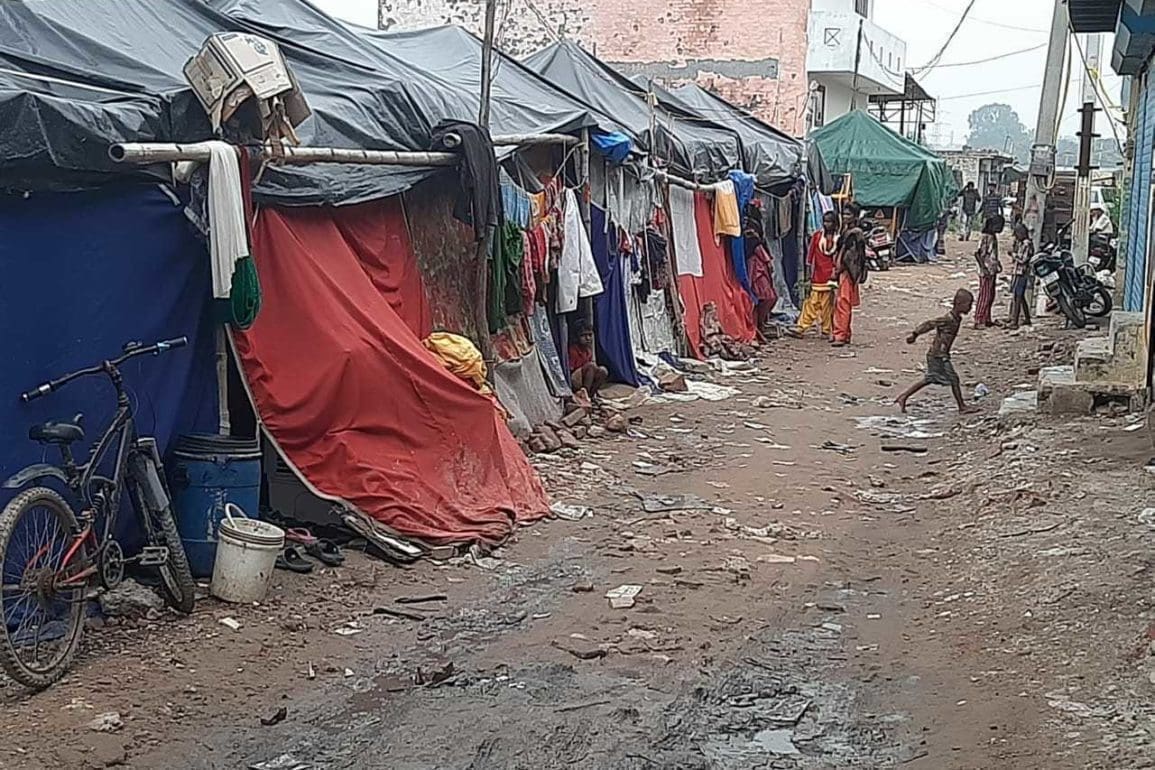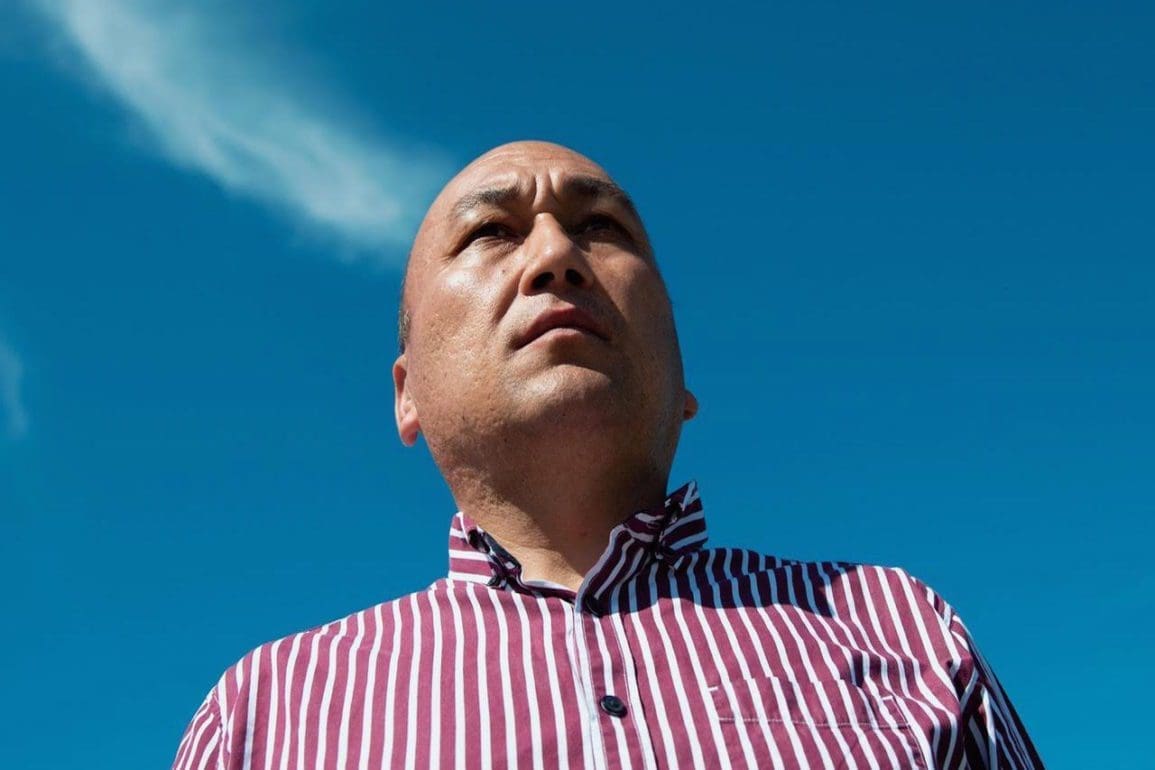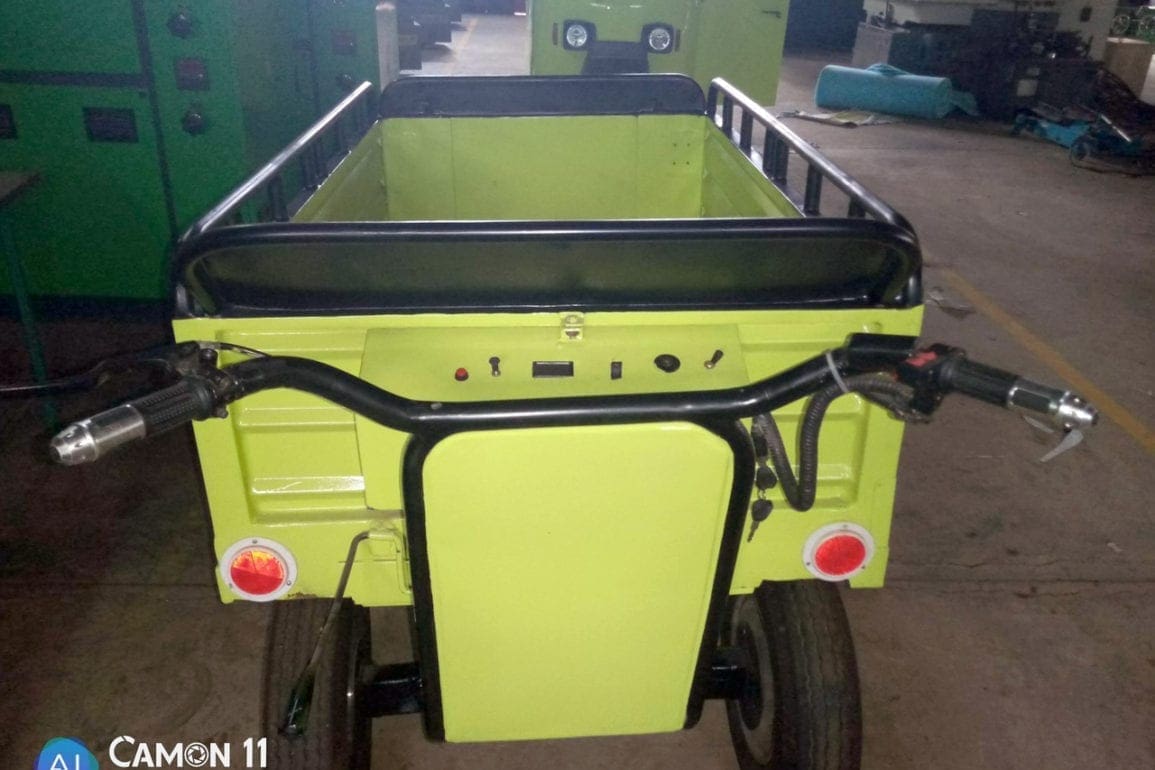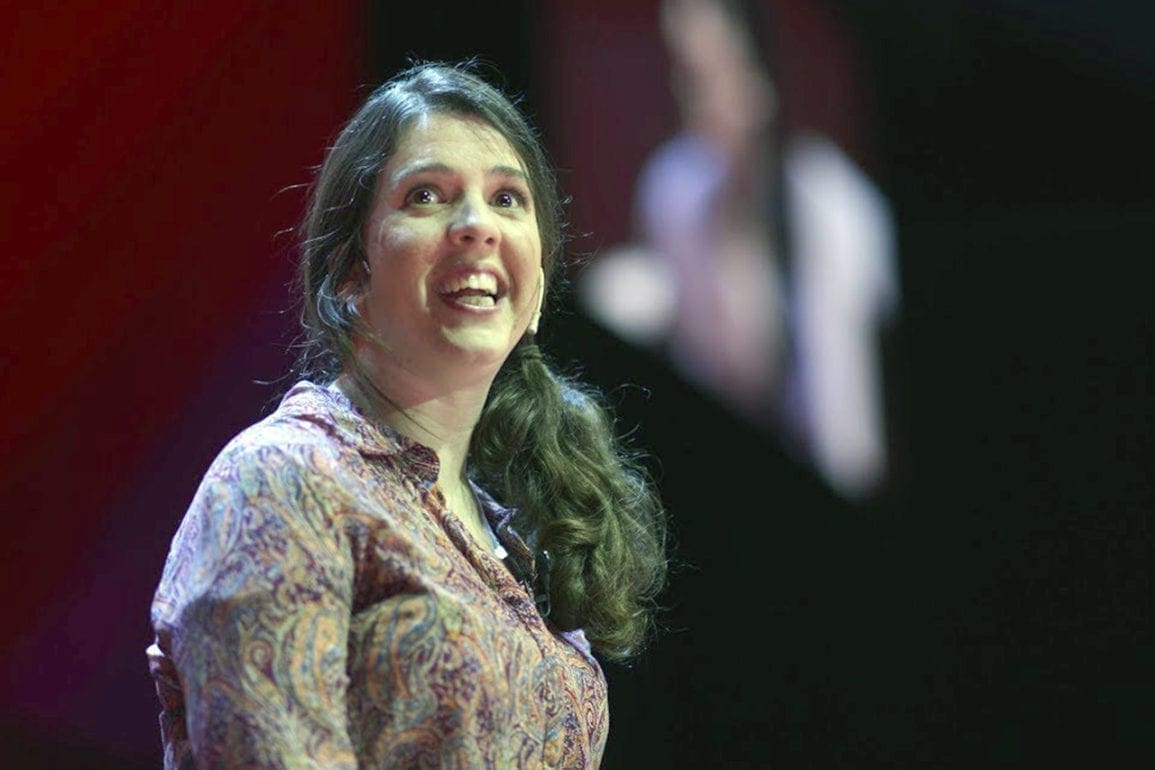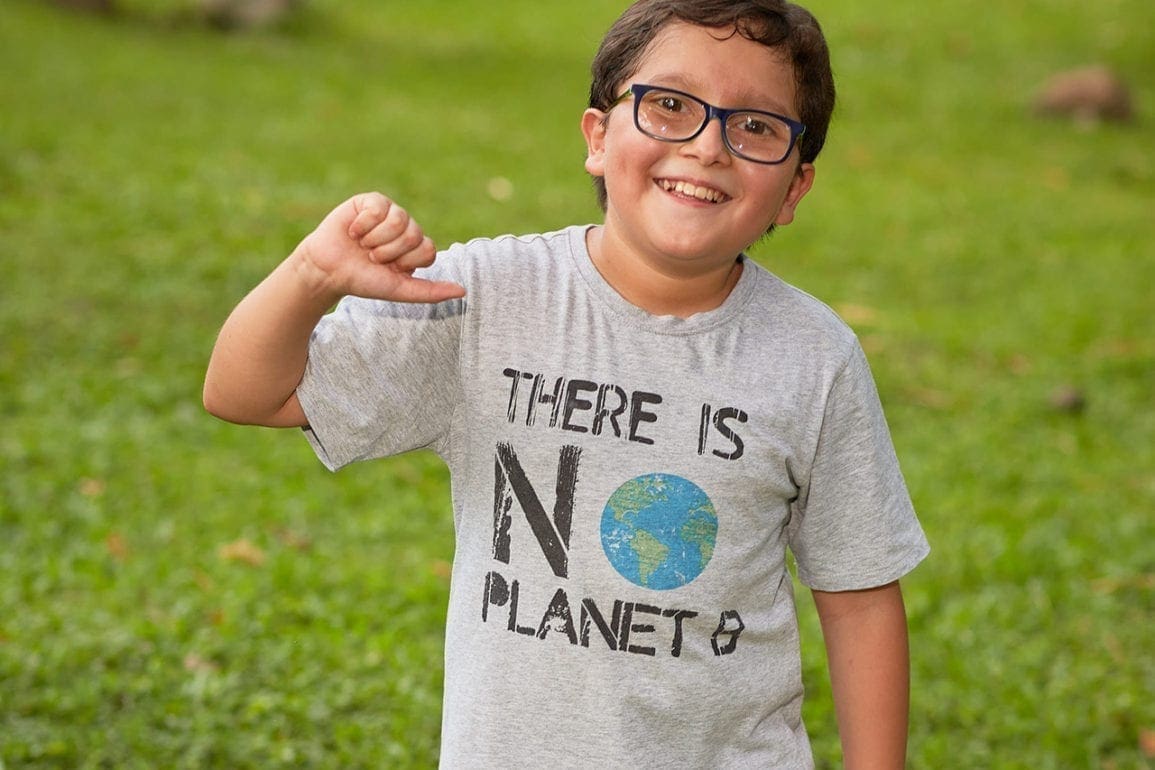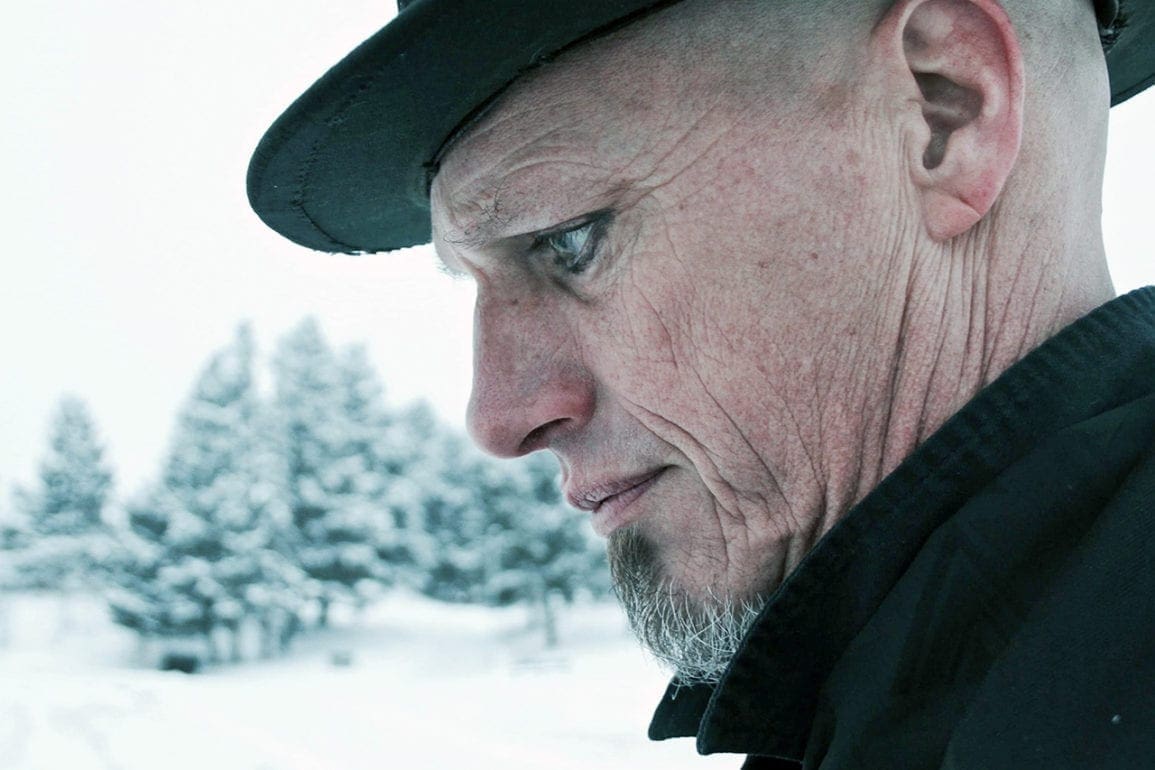Black medical student creates lifelines for others as she flees Ukraine
As we fled, I harnessed my adrenaline and continued to alert the world to my experiences and fundraise to aid other Africans trying to escape Ukraine. I created threads documenting the ordeal and resources to help refugees and fact-check information being shared about the war.
- 4 years ago
April 12, 2022
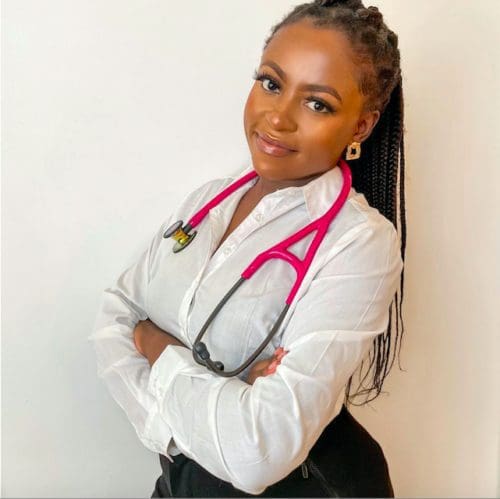
DNIPRO, Ukraine – I found out that Russia invaded Kyiv at 5 a.m.
I kept hearing about an invasion in Ukraine. But, the media outlets at my university dismissed all the reports as fake news. I was apprehensive to accept this as the truth, so every morning when I woke up, I checked Twitter as well as media outlets from the United Kingdom and compared that news to what I was receiving in Ukraine.
I realized that no one sharing information in the news was aware of the large African and Indian population in Ukraine. My colleagues and I were concerned, wondering what we should do about this situation.
For my own part, I decided to document as much as I could and spread awareness of what was happening. It was a terrifying and exhausting journey, but throughout, I found embassy phone numbers, did research, and used Telegram, Twitter, and WhatsApp to post about what was going on in real time.
I also created an online census the day Kyiv was bombed to keep a record of Africans in Ukraine, collected emergency telephone numbers for those losing touch with friends and relatives, and raised money to help people get into hostels and find transportation. I didn’t want anyone to feel like there was nowhere to turn.
We decided to leave then and there
My husband and I were planning to leave the day Kyiv was first bombed, but it ended up taking the entire day for him to try to get the money out of our account. The following day, he went out again. An hour later after he finally returned with our car and the money, we heard the air sirens ringing through Dnipro.
The sirens rang out late in the evening. I didn’t realize how widespread the alarms were until a friend living in a different part of the city called and asked if I had heard them too. That was when we realized how serious the situation was.
Late that night, we left with two friends and two fellow students in a convoy—they in their cars and me with my husband.
We set out for Lviv, normally a 9-hour drive, with a plan to continue on to Poland from there. However, this time the drive took us 24 hours. The military stopped us frequently to check our documents or have us get out of the cars because we left past the 9 p.m. curfew.
The streets were so quiet, and there wasn’t a person anywhere. This atmosphere was surreal—it felt so strange after living in the normally bustling city. There were no other cars, nor other people, just the military.
As Black people, being stopped by uniformed men made us freeze up in terror. At every stop, we feared for our lives.
Making it to Lviv
I felt comforted once we finally got to Lviv, as the military presence wasn’t as extreme and the atmosphere was not yet as scary as other cities we had passed. I remember taking a deep breath and giving a sigh of relief, thinking at that moment that things were getting better.
We checked into a hostel, and I got to work on social media raising awareness and fundraising for donations. I created group chats on Telegram and WhatsApp to keep everyone in the loop. I also urged people to not let money be the reason to keep them in this situation because it was only going to get worse.
That’s when Tokunbo Koiki (cofounder of Black Women for Black Lives) reached out to me. A stranger till then, she was following my efforts and offered to help me fundraise. In a few hours, we managed to raise £20,000 GBP ($26,000 USD) to help fellow fleeing residents with lodging and transportation.
We rested for a few hours, knowing we probably would not have another chance anytime soon. I discovered I had started my period; it just made an already unfathomable situation even more uncomfortable. After all, I didn’t know when my next opportunity to shower or change my clothes would be. I felt full of doubt and anxiety.
Racist encounter on the way to Romania
We met a group of visibly shaken and stressed guys from Zimbabwe and Swaziland at the hostel; they told us that they were pushed off trains and experienced racial tirades when they left Dnipro.
Until then, contending with wartime violence, not racial violence, had dominated my thoughts. However, many other Black people were sharing similar stories of experiencing racism and violence after reaching the Polish border, and even being forced to return to Lviv. This prompted us to change our destination to Romania.
However, blatant racism found us there at the Ukrainian-Romanian border just the same.
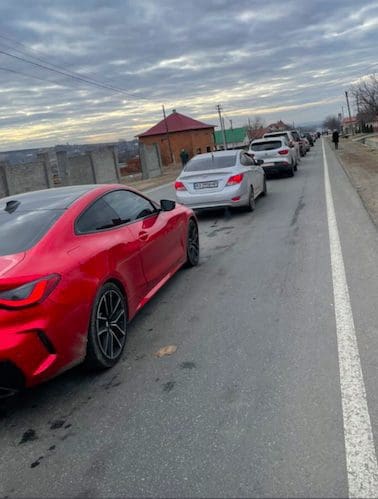
We sat in a long line of cars trying to get to the border for four days. When we finally get to the front, a civilian told us to get out of the line. I got out of my car to ask the military to assist us because I was confused by being told to leave the line of cars. When a military officer repeated the order, I assumed it was to assist us or deescalate the situation. However, they then just told us to move to the pedestrian queue and wait there.
This made no sense and seemed deeply unfair; I went back into the car and called the British Embassy for assistance. I was told someone would come to the border and to wait where we were.
We waited a long time, but no one came to help us. We were forced to abandon the car, and a group of Indian students was kind enough to invite us to join them in the pedestrian line.
Enduring a cold, terrifying night
When nighttime came, it was terrifying.
It was so dark that we could barely see what was in front of us, and the cold was unbearable. We were thirsty, hungry, and shivering in the line, rationing what we had and just trying to endure the night. We didn’t know if we would be lucky enough to live or die.
I remember one of my friends trying to lighten the mood. He was jokingly saying something on the lines of, “This could be a good thing, at least we don’t need to relieve ourselves in front of strangers.” I had to chuckle at that.
As my mind wandered in this freezing cold, I noticed a mother pressing her child close to her as they huddled on the ground. I thought of my daughter and felt so much relief that she was safe back in the United Kingdom. I clung to the thought of holding her when I finally got back there.
Making it across the border and finding moments of humanity
After those long hours in the dark and cold, we managed to get our passports stamped at border control. We ended up at a hotel-turned-refugee camp.
All the while I was traveling, I made sure to stay active on social media. Harnessing my adrenaline, I continued to alert the world to my experiences fleeing and fundraise to aid other Africans trying to escape Ukraine. I created threads documenting the ordeal and resources to help refugees and fact-check information being shared about the war.
However, at the hotel, the exhaustion crashed into me. I needed to lay my head down, even for just a moment. We were in a large room holding many chairs and tables, but they were pushed aside to make room for mattresses in the center of the room. This accommodation was not the most comfortable, but we were warm and safe for the moment. I felt a surge of relief.
All of the volunteers in the refugee camp were white, and I was so grateful for how humane they were. After the racism we experienced at the border, it felt refreshing to be treated like a human again.
After I took a quick shower, two women from the British Embassy asked to speak with me.
The encounter was surprisingly emotional. The women cried and apologized, telling me they have been following my journey online and tried to get to Ukraine to help us, but they couldn’t. They expressed how upset they were with how inhumane the refugees were being treated. Their comments touched me, and we all hugged. I treasured this brief moment of humanity and kindness.

One last hurdle before my homecoming
By the morning, more refugees were coming into the hotel and we had to move on to make room for them. My husband and I managed to get a flight to Luton, England. The flight was quick and uneventful, but as soon as we landed, we once again faced racism.
A man at border control questioned if we were supposed to be there. He kept asking if I was British and if we really came from Ukraine. I had my passport, and my citizenship was listed there in the system. All he had to do was look it up, but he chose instead to give us a hard time.
While this back-and-forth was going on, I asked to charge my phone so I could let my mom know that we made it to Luton. She was in the airport waiting for us. However, the patrol officer refused to let me charge my phone. He made us wait where we stood for two long and excruciating hours, coming back only to tell us they were still not sure that I was a citizen.
I just couldn’t take it anymore. It all built up: all of the adrenaline from our dangerous journey, humiliation because I was still on my period, exhaustion, and now facing racism in my own home when I was so close to seeing my family again. After making it safely to the United Kingdom, with my mother right there in the airport, this man was keeping me from seeing her and finally finding refuge.
I burst out in tears right there—all those emotions came out at once. I fell into a ball where I stood and just cried.
Finding relief in an embrace at the end of a long journey
Because my husband didn’t have a visa, the patrol officers moved us to a detention center where I was finally able to call my mom and ask her to help.
She called my representative (member of Parliament, or MP) and told her what my husband and I have been going through. The MP called the border force and reprimanded them for how they treated us. She told them to treat us with more humility and let us go.
Finally, we were released. As soon as I got into the airport and saw my mom, we hugged each other tightly, crying all the while. I felt so emotional that the whole ordeal was finally over for me, and renewed wave of thankfulness that my baby was safe throughout.
Kaylin Daniels is a member of Orato’s Spring 2022 Writer’s Workshop & Internship Program.

